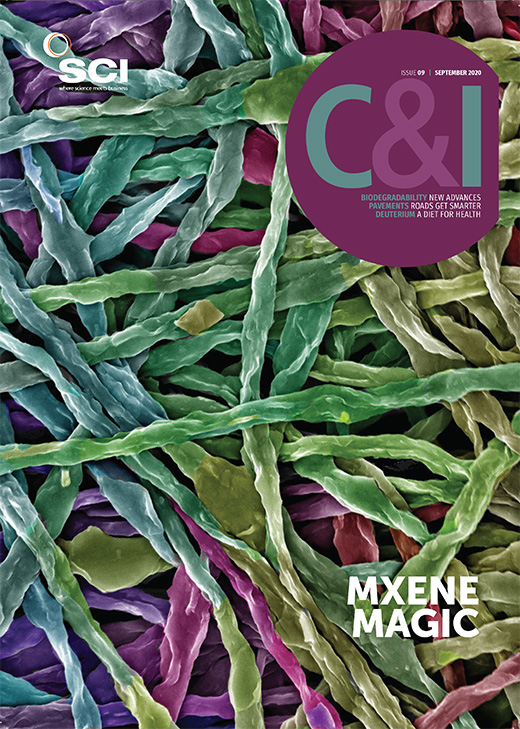Anthony King
Strawberry growers in the UK rely on commercial boxes of bumblebees to pollinate their flowers. Each individual flower much be visited multiple times for a good shaped fruit to form.
Previously, it was shown that honeybees supplied with caffeine, which occurs naturally in the nectar of coffee and citrus species, were three times more likely to remember a learned floral scent (Science, 2013, 339, 1202). Now, a new project has tested the ability of caffeine to influence bees in a lab and field setting.
Researchers put an artificial strawberry flower odour with a food supplement dosed with caffeine and allowed the bumblebees to sup in the lab and in a polytunnel. They then tested the bees, allowing them to forage on strawberry or lavender.
‘By giving them a physiological boost, in a similar way humans benefit from caffeine, we wanted to see if we could enhance their foraging on the target plant by increasing their memory of it,’ explains Phil Stevenson, plant chemist at the University of Greenwich. Visits of caffeine-dosed and non-dosed bumblebees to strawberry and lavender were then counted.
‘In the lab, primed bees decided which flowers to visit more quickly, suggesting that caffeinated bees make more flower visits during foraging,’ says Stevenson. In polytunnels, ‘initial evidence suggests that we get an improvement in the pollination service,’ he adds, with trials carried out at Berry Gardens in Kent.
Bumblebees in polytunnels can become distracted or try to escape, while bumblebees in outdoor strawberry farms may get distracted by other floral resources.
‘Strawberry flowers don’t produce much nectar, and so can be less attractive to bees than some other crops or the wild plants surrounding strawberry fields,’ says Jane Stout, a bee ecologist at Trinity College Dublin, Ireland.
Farmers buy bumblebee boxes from companies such as Biobest, a partner on this project, because they are more efficient pollinators of fruits such as strawberry and raspberry. They also fly at lower temperatures than honeybees, important for springtime fruit harvests.
The project hopes to boost yields by 10%. The quality of the fruit can be just as important, as misshapen fruits leads to 17% loss for strawberry growers, equivalent to 12,000 to 18,000/ha, says Stevenson. The boxed bumblebees cost around £50, while the caffeine device would cost less than £1.
Stout says encouraging a diversity of wild pollinators is another option, ‘because a diversity of visitors is associated with better fruit set.’ She adds that reliance on commercial bumblebees has the downside that growers have to purchase bees continually, as boxes are discarded after a few weeks.
Image credit: Andrew J. Culshaw





